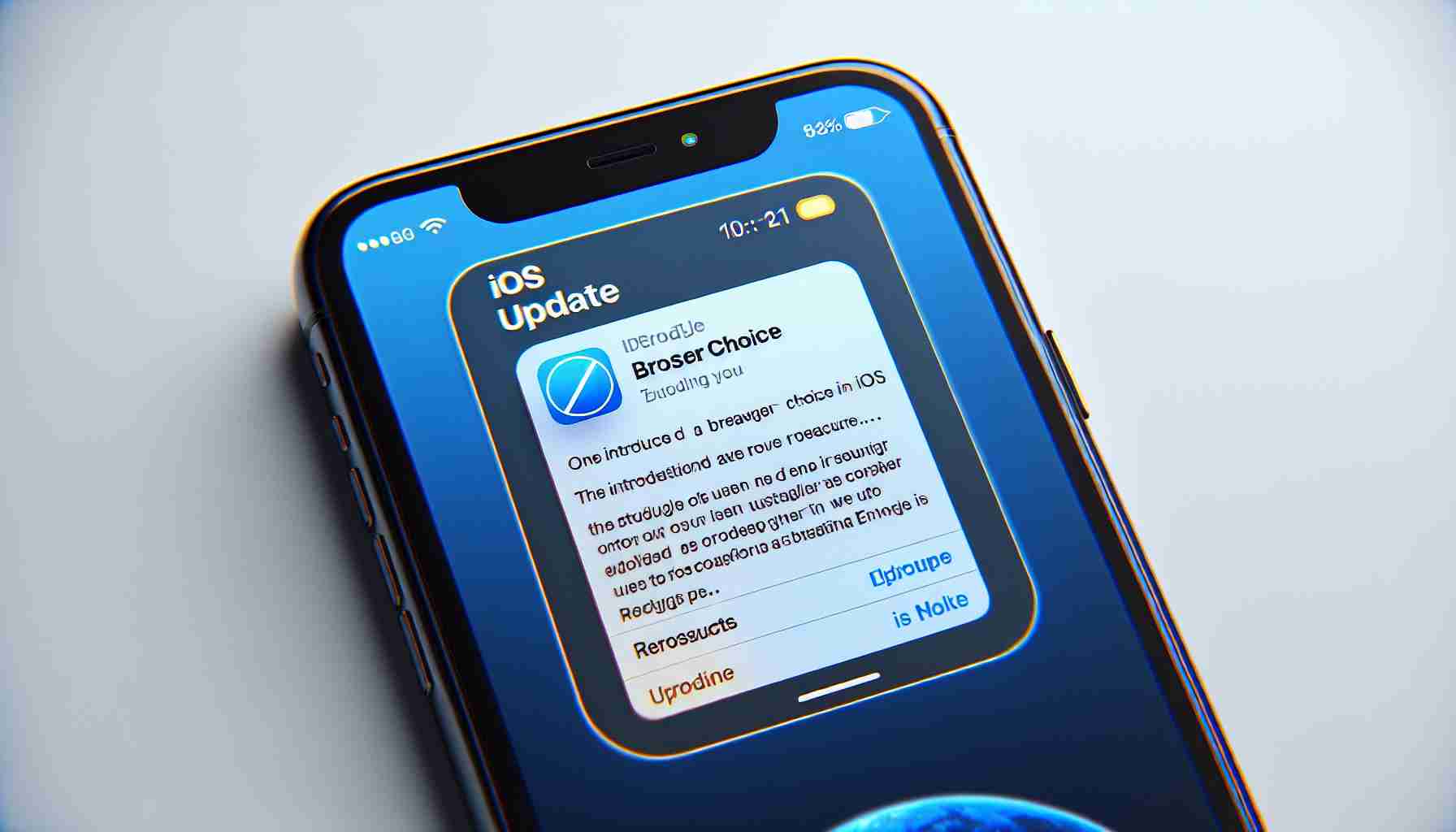European iPhone owners receive more control over their default browser choices with the iOS 17.4 update, in line with the EU’s Digital Markets Act geared towards fostering a competitive online environment. This update does not affect American users at the moment, but in Europe, it presents a screen from which users can select their default internet browser.
Apple’s list features a random assortment of 12 browsers, but the order of appearance and the options may vary slightly by country. Out of these, Safari is always present, while the remaining 11 spots are filled by popular browsers that align with Apple’s default configuration criteria.
Critics argue that the effectiveness of such a browser choice screen hinges on the user experience it offers. Some alternative browser developers are expressing discontent with Apple’s implementation. They are calling for more informative introductions to each browser, believing that it will be beneficial for users to understand what they choose.
Others, however, perceive fairness in the randomized display of browser options. They argue that it’s a step forward in removing biased defaults and providing an even playing field for all browsers. The browser choice screen comes at a time when the effectiveness of these choice mechanisms under European regulation is highly scrutinized for their speed and impact.
The Europe Commission has also initiated an investigation to determine whether these practices by Apple are indeed promoting freedom of choice as intended by the DMA or if there are any regulatory violations. One thing remains certain, the full implications for market competition and user preferences will only unfold in time following this significant change in the iOS update.
Key Questions and Answers:
– What prompted Apple to implement a browser choice screen?
Apple’s implementation of a browser choice screen with its iOS 17.4 update was a response to regulations set forth by the European Union’s Digital Markets Act (DMA), which aims to promote a fair and competitive online environment.
– What challenges or controversies are associated with Apple’s browser choice update?
Some alternative browser developers are dissatisfied with the current browser choice implementation, arguing that it lacks informative introductions for each browser, thereby not helping users make well-informed decisions. Critics also debate the effectiveness of the choice screen in fostering competition and whether the randomized display is the best approach.
Advantages and Disadvantages:
The advantages of the browser choice screen in the iOS update include:
– Promoting competition among browser developers by preventing the monopolization of pre-installed browsers like Safari.
– Empowering users by giving them the ability to easily choose their preferred browser and potentially exposing them to new browser options they might not be aware of.
The disadvantages may involve:
– Potential confusion among users who are not technologically savvy enough to make informed decisions without additional information on each of the browser options.
– The possibility that the random presentation could still favor popular browsers over smaller or lesser-known ones if users tend to select familiar names without exploring other options.
European Commission’s Role:
– The European Commission’s ongoing investigation is significant as it seeks to ascertain whether Apple’s current practices align with the DMA’s goals to ensure freedom of choice and prevent market monopolies.
For related information on digital market competition and regulations, refer to the official website of the European Commission:
European Commission
Further details on Apple’s iOS features and updates can be accessed through Apple’s official website:
Apple
